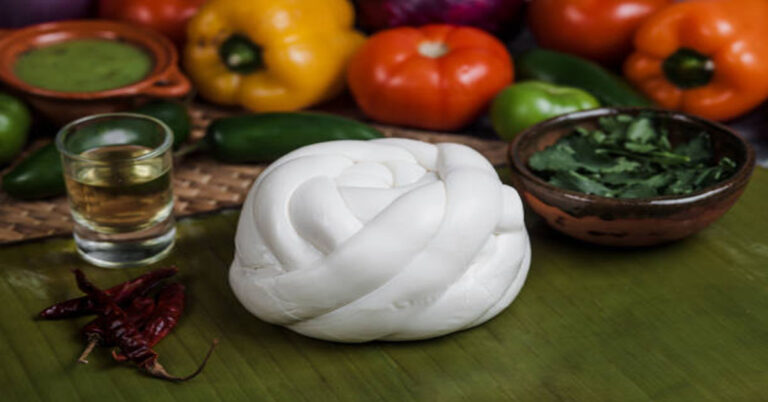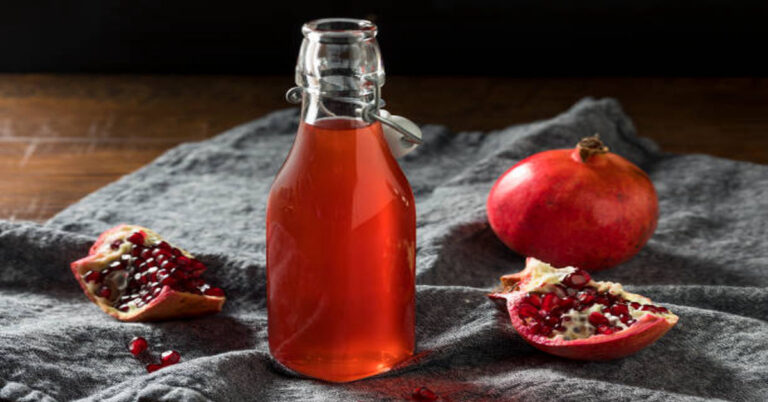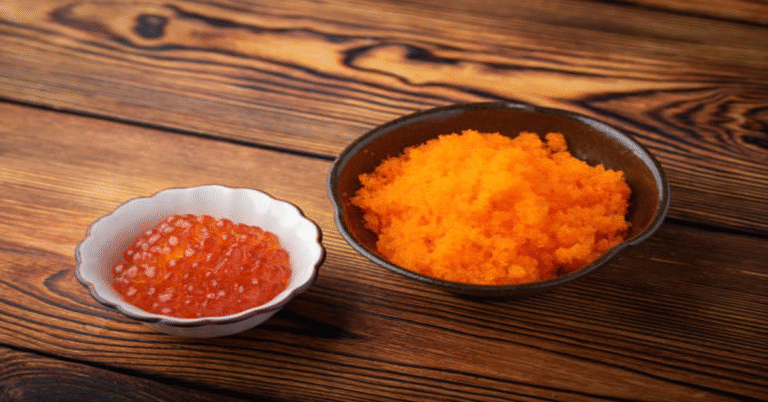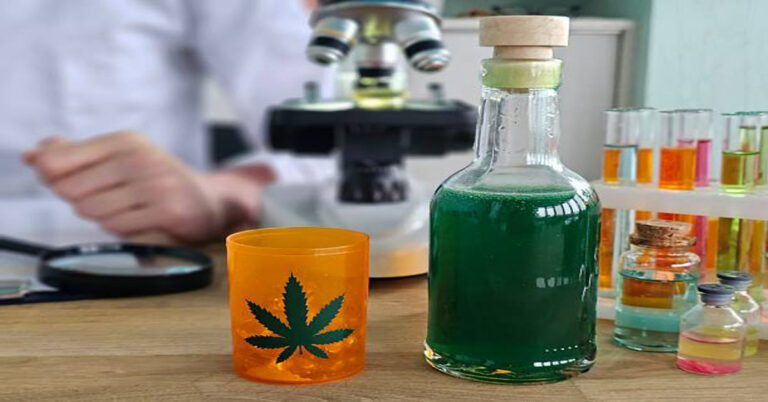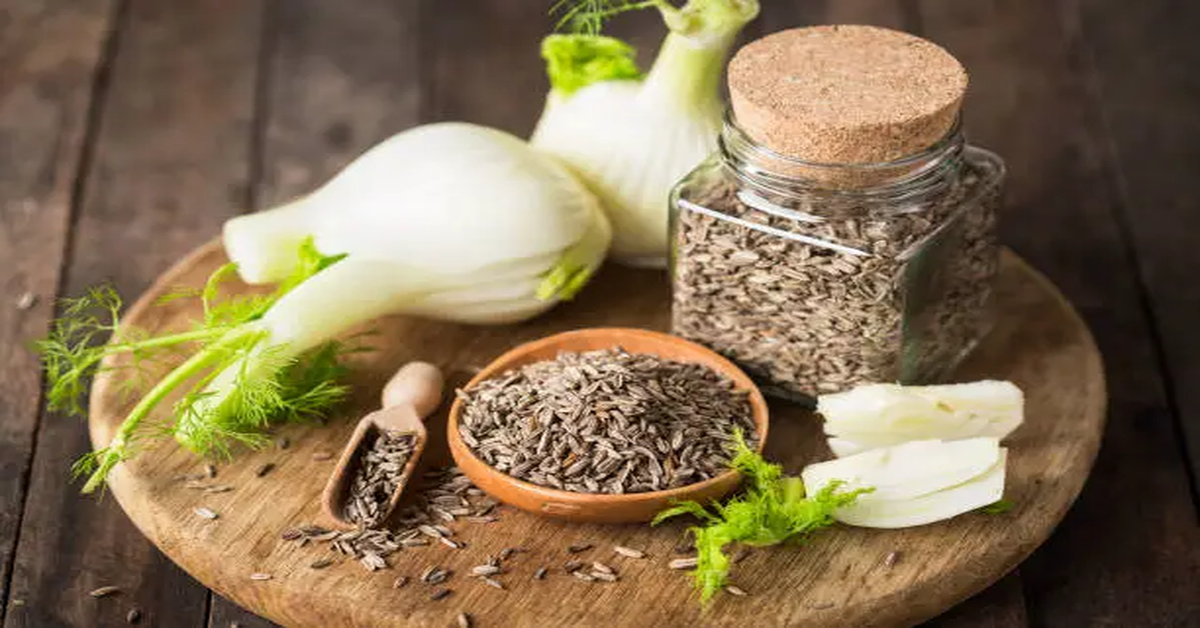
The world of plants is filled with species that have been cherished for centuries, both as sources of nourishment and as natural medicines. One such remarkable plant is Fenchel, more widely recognized as fennel in English. Known for its distinctive aroma, feathery leaves, and mildly sweet flavor reminiscent of anise, Fenchel is not only a culinary treasure but also a medicinal herb deeply rooted in many cultures.
Throughout history, Fenchel has occupied a unique position in kitchens, herbal pharmacies, and even spiritual practices. Ancient Greeks, Romans, Egyptians, and Indians revered this plant for its healing and protective qualities. Today, it continues to enjoy widespread popularity due to its versatility: it is eaten raw in salads, cooked in hearty meals, brewed into soothing teas, or extracted for essential oils.
This article offers a comprehensive exploration of Fenchel, from its botany, nutritional profile, and cultural relevance to its health benefits, practical applications, and challenges. The goal is to create a holistic, detailed understanding of why Fenchel has remained relevant for millennia and why it continues to flourish in modern lifestyles.
Botanical Profile of Fenchel
To appreciate Fenchel fully, it is important to understand its natural characteristics.
| Aspect | Details |
|---|---|
| Scientific Name | Foeniculum vulgare |
| Family | Apiaceae (carrot or parsley family) |
| Plant Type | Perennial herb (can also grow as biennial/annual depending on conditions) |
| Native Regions | Mediterranean basin |
| Height | 1.5 to 2.5 meters (when fully mature) |
| Distinctive Features | Feathery leaves, umbrella-like flower clusters (umbels), aromatic seeds |
| Flavor Profile | Sweet, slightly licorice-like, mild anise aroma |
Fenchel grows best in sunny climates with well-drained soil. The plant has a bulbous base, hollow stems, and fine, feathery foliage. In summer, it produces yellow flower clusters, which later turn into seeds that are highly valued in cooking and medicine.
Historical and Cultural Significance
In Ancient Civilizations
- Greek mythology: Fenchel was linked to the god Dionysus, symbolizing knowledge and victory.
- Romans: Used fennel seeds as breath fresheners and digestion aids.
- Egyptians: Incorporated Fenchel seeds in rituals and herbal remedies.
In Traditional Medicine
- Ayurveda (India): Seeds known as saunf are used for digestive health, cooling the body, and balancing doshas.
- Traditional Chinese Medicine (TCM): Considered warming, used to regulate energy flow and ease digestive disorders.
- European folk medicine: Recommended Fenchel teas for calming colicky babies and soothing stomach ailments.
Symbolism
Fenchel has historically symbolized strength, courage, and longevity. Warriors in ancient times reportedly consumed Fenchel to maintain stamina.
Nutritional Composition of Fenchel
Fenchel is not only aromatic but also nutrient-dense. Below is the nutritional profile per 100 grams of raw fennel bulb:
| Nutrient | Amount | Health Role |
|---|---|---|
| Calories | 31 kcal | Low-calorie, weight-friendly |
| Carbohydrates | 7 g | Energy supply |
| Fiber | 3 g | Supports digestion, regulates bowel movement |
| Protein | 1.2 g | Helps tissue repair |
| Vitamin C | 20 mg (25%) | Immune booster, antioxidant |
| Potassium | 414 mg | Regulates blood pressure |
| Folate | 27 µg | Supports cell growth and DNA synthesis |
| Calcium | 49 mg | Bone and teeth health |
| Iron | 0.7 mg | Important for hemoglobin production |
| Magnesium | 17 mg | Muscle and nerve function |
| Phytonutrients | Anethole, fenchone | Antioxidant, anti-inflammatory, antimicrobial effects |
Seeds of Fenchel contain even higher concentrations of essential oils, particularly anethole, which accounts for much of their health-promoting potential.
Health Benefits of Fenchel
Fenchel has long been celebrated for its healing abilities, and modern science continues to validate many of these claims.
1. Digestive Health
- Stimulates digestive enzymes, aiding smoother digestion.
- Relieves bloating, gas, and cramps.
- Commonly used in teas for colic relief in infants.
2. Respiratory Support
- Fenchel seeds help loosen mucus in the respiratory tract.
- Traditionally used for coughs, sore throats, and bronchitis.
3. Hormonal Balance
- Contains phytoestrogens that may help regulate menstrual cycles.
- Traditionally recommended to ease menopausal symptoms.
4. Antioxidant and Anti-inflammatory Effects
- Protects cells from oxidative stress.
- Reduces risk of chronic inflammation-related diseases.
5. Cardiovascular Health
- Potassium regulates blood pressure.
- Fiber helps lower cholesterol.
- Antioxidants support overall heart function.
6. Eye and Skin Health
- Rich in Vitamin C, fenchel promotes collagen production.
- Antioxidants slow signs of aging.
7. Weight Management
- Low calorie and fiber-rich, fenchel promotes satiety.
- Helps prevent overeating and supports metabolism.
Culinary Uses of Fenchel
Fenchel’s culinary versatility makes it a favorite in both traditional and modern kitchens.
Raw Uses
- Thinly sliced bulbs in salads for a crisp, refreshing crunch.
- Leaves used as garnish for fish or soups.
Cooked Uses
- Roasted with olive oil and herbs, offering caramelized sweetness.
- Added to soups, stews, or curries for aromatic depth.
- Bulb braised with meats for a delicate licorice undertone.
Seeds in Cooking
- Widely used in bread, confectionery, sausages, and teas.
- Integral in Indian cuisine as mouth freshener (saunf).
- Ground seeds flavor sauces, pickles, and spice blends.
| Culinary Application | Example |
|---|---|
| Raw | Fennel and orange salad |
| Roasted | Baked fennel with parmesan |
| Soups/Stews | Fennel-tomato soup, seafood stews |
| Beverages | Fennel tea, digestive infusions |
| Seasoning | Indian curries, Italian sausages, breads |
Fenchel Tea: A Soothing Beverage
Fenchel tea deserves special mention. Made from crushed seeds steeped in hot water, it is widely consumed for its calming and digestive properties.
Benefits of Fenchel Tea:
- Relieves bloating and indigestion.
- Calms nerves and promotes relaxation.
- Mildly sweet flavor requires little to no added sugar.
Fenchel in Aromatherapy and Natural Remedies
Essential oil extracted from fenchel seeds is valued for therapeutic purposes.
- Aromatherapy: Helps reduce stress, improves concentration.
- Massage oils: Alleviates muscle tension.
- Topical use: Diluted oil aids in skin cleansing.
- Internal remedies (under guidance): Supports digestion and hormonal balance.
Agricultural Aspects of Fenchel
- Cultivation: Grows best in Mediterranean-like climates, though adaptable globally.
- Soil Requirements: Well-drained, fertile soil with neutral pH.
- Harvesting: Bulbs harvested when young; seeds collected after flowers dry.
- Pests/Diseases: Susceptible to aphids, root rot, and fungal diseases.
Leading Producers
- India (for seeds),
- Egypt,
- Italy,
- China.
Economic and Commercial Importance
Fenchel plays a role in multiple industries:
- Food industry: As spice, vegetable, and flavoring agent.
- Pharmaceuticals: Ingredient in digestive aids, tonics, and syrups.
- Cosmetics: Used in soaps, lotions, and perfumes for its fragrance.
- Agriculture: Companion plant in gardens, repelling pests.
Potential Risks and Precautions
While Fenchel is safe for most people, certain precautions are necessary:
- Allergies: Rare but possible in individuals allergic to carrot-family plants.
- Pregnancy: Excessive use of essential oil may not be safe.
- Medication Interactions: May interact with blood thinners or hormone therapy.
Always consult healthcare providers before using concentrated Fenchel supplements or oils.
Comparative Analysis: Fenchel vs. Anise
Although often confused, fenchel and anise are distinct plants.
| Aspect | Fenchel (Fennel) | Anise |
|---|---|---|
| Scientific Name | Foeniculum vulgare | Pimpinella anisum |
| Plant Type | Tall perennial herb | Smaller annual herb |
| Flavor Profile | Mild, sweet, licorice-like | Stronger, sharper licorice flavor |
| Culinary Use | Bulb, leaves, seeds all used | Primarily seeds used |
| Global Popularity | Mediterranean, Indian, global | Middle Eastern, European cuisines |
Future Potential of Fenchel
Fenchel is poised for even greater relevance in the future, given rising interest in natural remedies, plant-based diets, and sustainable agriculture. Areas of growth include:
- Functional Foods: Fortified snacks and beverages using fenchel extracts.
- Nutraceuticals: Supplements for digestion, hormonal support, and immunity.
- Cosmetics: Natural skin and hair products with fenchel oil.
- Sustainable Farming: Promoting Fenchel as a low-maintenance crop with high returns.
Conclusion
Fenchel, or fennel, is far more than just an aromatic plant. It is a culinary delight, a medicinal ally, a cultural symbol, and an economic resource. From ancient traditions to modern science, Fenchel has consistently proven its value in enhancing both health and lifestyle. Whether enjoyed as a raw vegetable, brewed into a calming tea, or used as an essential oil, Fenchel continues to nurture body, mind, and spirit.
Its journey across centuries reflects a plant that has adapted to changing human needs while maintaining its timeless essence. In a world increasingly turning back to natural, holistic solutions, Fenchel stands tall as a symbol of balance, nourishment, and healing.
FAQs
1. What is Fenchel?
Fenchel, also known as fennel, is a perennial herb with a bulb, feathery leaves, and seeds used for culinary and medicinal purposes.
2. How is Fenchel commonly used in cooking?
It can be eaten raw in salads, roasted, added to soups and stews, or its seeds used in spice blends and teas.
3. What health benefits does Fenchel provide?
Fenchel aids digestion, supports respiratory health, balances hormones, and provides antioxidants beneficial for overall wellness.
4. Can Fenchel seeds be consumed daily?
Yes, in moderate amounts, fenchel seeds are safe for daily consumption and are often used as mouth fresheners after meals.
5. Is Fenchel the same as anise?
No, although both have licorice-like flavors, they are distinct plants with different botanical characteristics and uses.

